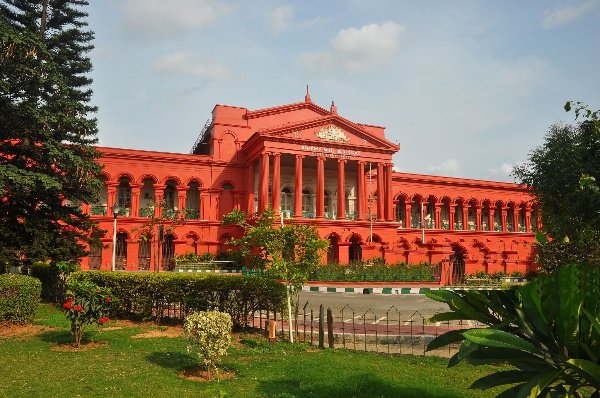
by Krishna Sharma, Justice Leila Seth Fellow – December 2023
Since 2005, the Right to Information Act has empowered Indian citizens to demand transparency, accountability, and good governance from those in power. The law, which is hailed as one of the best transparency laws in the world, provides a mechanism to obtain information and imposes an obligation on public authorities to furnish information regarding their functioning.
However, in the last 17 years, RTI activists have faced several challenges such as non-compliance of RTI rules in letter and spirit, misinterpretation of the law’s provisions to conceal information, hostile attitude of public information officers (PIOs) towards citizens, and even threats to their lives.
While these challenges still prevail, not enough attention is paid to administrative issues, which often become a barrier in the success of many RTI applications.
By taking a few simple steps, you can ensure that your RTI application isn’t rejected on administrative grounds.
Some of the administrative issues that result in the rejection of RTI applications and appeals are inconsistencies in the:
- Payment of fees
- Format of the application
- Mode of payment
With this document, iProbono aims to make the RTI filing procedure easy to understand for citizens. We have compiled the RTI rules of all states and high courts to make it convenient for those who plan to seek information from the authorities using the Act.
Note – Each competent authority is under obligation to ensure that their RTI rules specify the fee to be paid for each RTI application and appeal, mode of payment, the format of application and appeals, and the authority to whom the payment is to be made. However, we found that many RTI rules stipulated by states and high courts are ambiguous about these details.
*This guide is accurate as of December 2022. The information contained in it is subject to amendment by the relevant authorities.